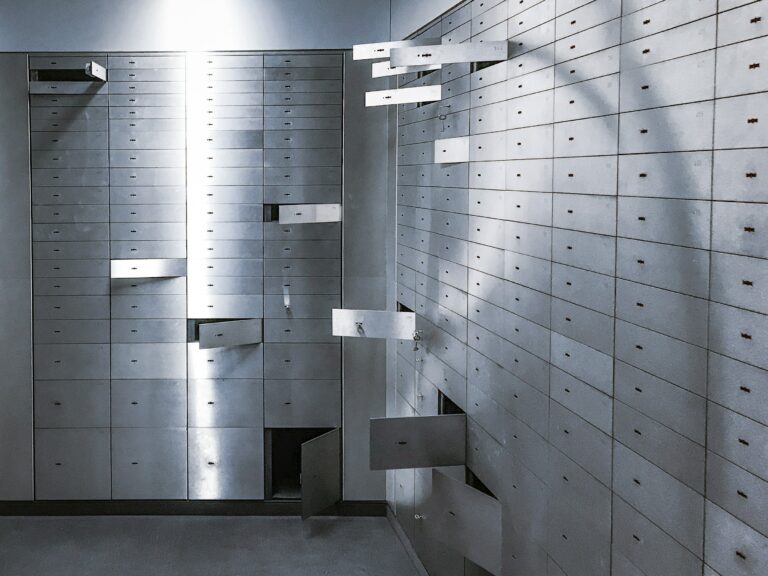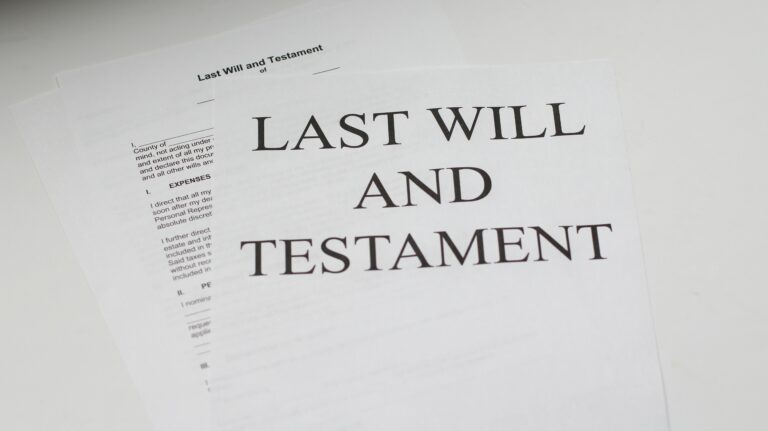
Estate Planning in Seven Steps
From defining financial objectives and understanding legal issues to safeguarding assets and establishing directives, every step in the creation of an estate plan is a brushstroke in the painting of your personal legacy. A recent article from Market Business News, “Crafting Your Legacy: 7 Steps in the Estate Planning Process,” describes the process of creating what is essentially a testament to protect loved ones.
Create an inventory of assets. You’ll need to be meticulous about this to ensure that all your assets are accounted for. This includes properties, investment accounts, items of value and sentimental possessions. It should include detailed descriptions and appraisals. This forms the foundation of your estate plan.
Consider your family’s needs after your death. Anticipate your family’s financial, practical, and emotional needs. Consider things like educational expenses, healthcare costs, ongoing support for basics, and, depending on your situation, recreational activities. Address this concern in your estate plan, so your family will have a secure foundation after your passing.
Select beneficiaries. This is simple in some cases and more complicated in others. You may have a traditional family or one including non-family members who are like family to you. Are there charitable concerns you want to address?
How do you want your estate divided? Be specific to avoid confusion and ensure that assets are distributed according to your intentions. Language needs to be specific and clear, with no room for ambiguity.
Store documents properly. Safeguard estate planning documents, which include your will, Power of Attorney, Health Care Power of Attorney, Living Will and others, in a secure location, like a fire and water-proof home safe. Do not put them in a bank safe deposit box, as the bank may seal the box upon your death and not allow representatives to access the box’s contents. Talk with your estate planning attorney about their recommendations.
Update your estate plan on a regular basis. Life changes, and so should your estate plan. It should be reviewed every three to five years or whenever there is a life event, including marriage, divorce, birth, or changes in your financial situation. Keeping an estate plan updated ensures that it remains relevant to your life.
Seek help from an experienced estate planning attorney. An estate planning attorney will help you navigate the complexities of legal documentation, tax implications and probate. You’ll want to be sure that your estate plan aligns with state laws. The knowledge of an estate planning attorney will provide you with peace of mind, knowing you’ve done the right thing to protect your family and ensure your legacy.
Reference: Market Business News (Oct. 28, 2023) “Crafting Your Legacy: 7 Steps in the Estate Planning Process”


